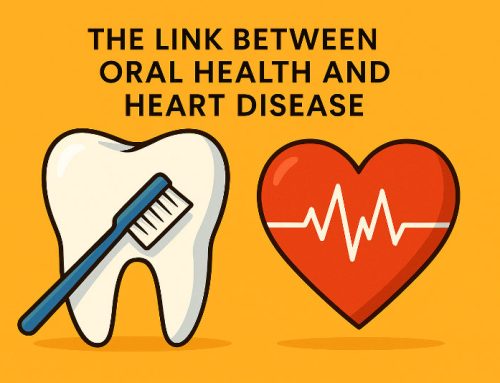 Gum disease, also known as periodontal disease, is an infection of the gums and bones that support the teeth. The build-up of plaque and bacteria causes it on the teeth and gums. Gum disease can progress from gingivitis, which is the mildest form of gum disease, to periodontitis, which is a more serious form of gum disease.
Gum disease, also known as periodontal disease, is an infection of the gums and bones that support the teeth. The build-up of plaque and bacteria causes it on the teeth and gums. Gum disease can progress from gingivitis, which is the mildest form of gum disease, to periodontitis, which is a more serious form of gum disease.
Common signs of gum disease include red, swollen, and tender gums, bleeding gums when brushing and flossing, receding gums, bad breath, and loose teeth. Your dentist will also typically take X-rays to examine the bone structure beneath the gums and measure the depth of the gum pockets around the teeth. If signs of gum disease are present, the dentist may take a small sample of tissue from the gums to be examined under a microscope for evidence of bacteria or other signs of infection. Gum disease can also lead to other health problems such as tooth loss, gum recession, and bone loss.
The first step in treating gum disease is removing the plaque and bacteria causing the infection. This is done by performing a deep cleaning, also known as scaling and root planing. During this procedure, your dentist will use special instruments to remove plaque and tartar from your teeth and below the gum line. They may also use an antibacterial rinse to help reduce the bacteria in your mouth.
Once the scaling and root planing is complete, your dentist may prescribe an antibiotic mouthwash to help fight the infection. You may also need to take oral antibiotics to help reduce the bacteria in your mouth.
It is also important to practice good oral hygiene habits to help prevent gum disease from returning. This includes brushing your teeth twice a day and flossing once a day. It is also important to visit your dentist regularly for professional cleanings and check–ups.
In more advanced cases of gum disease, your dentist may recommend periodontal surgery. This procedure is used to reduce the number of bacteria in the gums and to remove any damaged tissue. Surgery can also be used to reduce the gum pocket and to reshape the bone and gums that have been damaged by the infection.
Gum disease is a serious infection that can lead to tooth loss and other health problems. Gum disease can lead to infections in the mouth, which can spread to other parts of the body, such as the lungs and heart. Gum disease can also put an individual at increased risk for developing other serious health conditions, such as stroke, diabetes, and heart disease. It is important to recognize the signs of gum disease and to seek treatment as soon as possible. With proper treatment, gum disease can be reversed and managed.
HPS Dental Care is Accepting New Dental Patients
At HPS Dental Care we focus not only on our dental patients’ teeth but also on their overall health. Start the New Year with a commitment to work on your oral health by calling us at 248-652-0024 to schedule your first dental appointment in 2023. HPS Dental is conveniently located on 24 Mile Road near Shelby Rd. in Shelby Township, MI.





